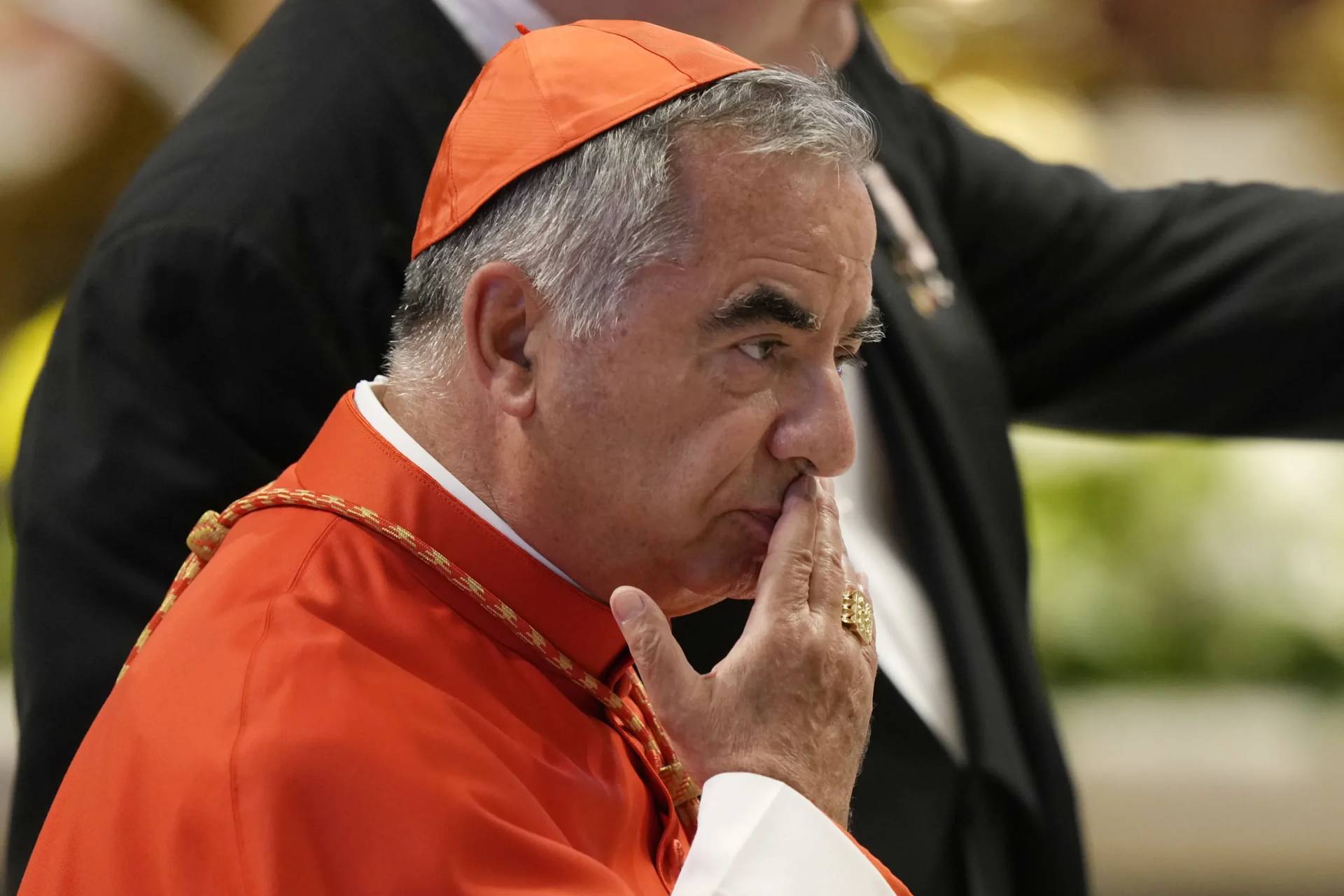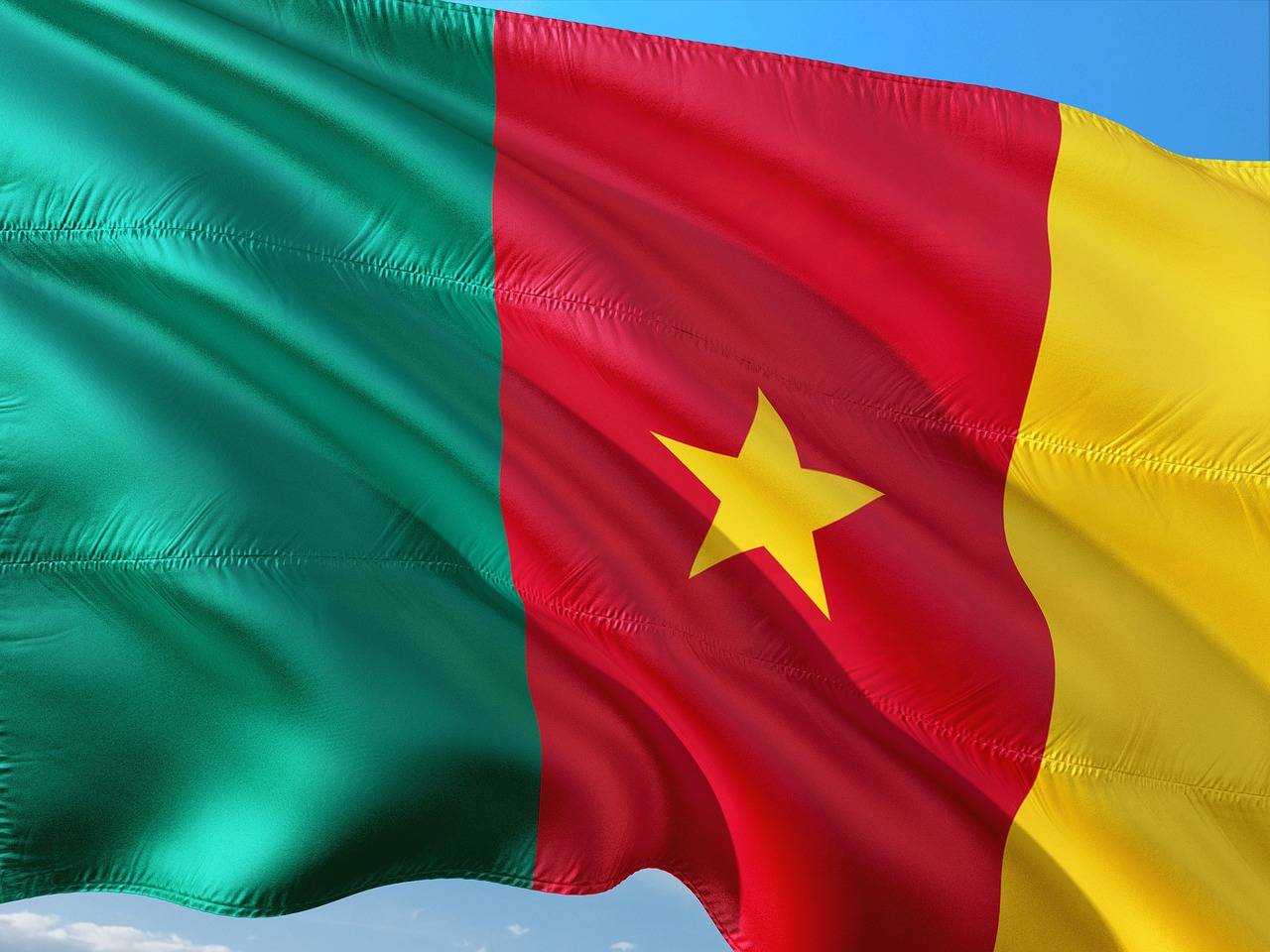In the dying days of the Nixon administration, the discovery that the White House maintained an enemies list was, for many Americans, the last straw. It seemed to reveal an administration using power not to advance policy or defend the nation, but to settle political scores.
Although any comparison between Nixon and Pope Francis is obviously an apples-and-oranges exercise, nonetheless many Catholic conservatives and traditionalists these days are asking if the pontiff has an enemies list of his own.
Recently, news has surfaced that the Vatican is either contemplating or has launched investigations of three bishops in different parts of the world:
- Rogelio Ricardo Livieres Plano, who has already been removed from the small Paraguayan diocese of Ciudad del Este.
- Robert Finn of Kansas City-St. Joseph, Missouri, who’s currently awaiting the conclusions of an apostolic visitation that’s already taken place.
- Mario Oliveri of the small Albenga diocese in northern Italy, where a Vatican spokesman this week said that an investigator may soon arrive.
In each case, there are specific motives for the inquests.
Livieres was accused of various forms of mismanagement as well as dividing the bishops’ conference in Paraguay, for instance by publicly accusing the Archbishop of Asunción of being gay.
Finn is the lone American bishop to be criminally convicted of failure to report an accusation of child abuse, and looms for many observers as symbol of the church’s abuse scandals.
Oliveri is the latest to join the line-up. He’s accused of tolerating all kinds of misbehavior among his clergy, including priests who’ve posted nude pictures on Facebook, priests who work as bartenders at night, and, in one case, a priest currently serving jail time for molesting an 11-year-old altar girl. (The priest maintains his innocence.)
Despite the different details, many observers can’t help noticing that all three prelates have one obvious thing in common: Each is among the most conservative members of their respective bishops’ conferences.
Livieres and Finn are both members of Opus Dei, while Oliveri is known as a traditionalist deeply attached to the older Latin Mass.
In conservative Catholic circles, the investigations of these three bishops often are placed in context with other disciplinary moves by Pope Francis, such as his ongoing crackdown on the Franciscan Friars of the Immaculate. The suspicion is that what’s really going on isn’t so much a clean-up operation as an ideological purge.
Founded in 1970, the Friars of the Immaculate appeal to tradition-minded young believers. In 2013, the Vatican department that oversees religious orders issued a decree, with the authorization of the pope, dissolving their leadership, appointing a papal commissioner, and requiring friars who want to celebrate the older Mass to have special permission.
Eventually, a theological institute run by the order was also closed. Roughly 40 members defected in protest, most of them going on to other traditional communities.
In June 2014, veteran Italian Catholic commentator Marco Tosatti described the crackdown as the leading edge of a wider “witch hunt” directed at conservatives, describing it as “an internal war … being waged in the name of the pope.”
Other frequently cited uses of papal muscle against perceived foes include, for Italians, the removal of Cardinal Mauro Piacenza from the Congregation for Clergy, and, for Americans, Cardinal Raymond Burke losing his membership on the Congregation for Bishops. Burke is also expected soon to be removed from his position as head of the Vatican’s Supreme Court and assigned to a largely ceremonial role.
I spoke to one tradition-minded Catholic this week, asking if he sees all this as Francis making clear what side of the street he occupies.
“It’s not just what side he’s on,” this observer said. “It’s that he’ll steamroll right over you if you don’t move to his side.”
Conservatives say that to date, there hasn’t been a high-profile case under Francis of a bishop being called on the carpet for any of the usual doctrinal offenses – tolerating violations of the liturgical rules such as routine use of group confession, for instance, or signaling support for the ordination of women. (Last September an Australian priest was excommunicated on similar grounds, but that was a priest rather than a bishop.)
In fairness, there hasn’t been a more liberal bishop accused of personal misconduct who’s been given a free pass.
Last month, for instance, Pope Francis accepted the resignation of Bishop Kieran Conry of Arundel and Brighton in the United Kingdom after Conry admitted to a long-term affair with a woman in his diocese. A supporter of civil unions for same-sex couples and notoriously lukewarm about the Latin Mass, Conry is nobody’s idea of an archconservative.
Nonetheless, many on the Catholic right can’t help but suspect that the recent preponderance of conservatives who’ve found themselves under the gun isn’t an accident. Some perceive a through-the-looking-glass situation, in which upholding Catholic tradition is now perceived as a greater offense than rejecting it.
How to explain these disciplinary acts?
One possibility is that Francis genuinely wants to hobble the traditionalist constituency, and is using every chance to accomplish it. If so, then Francis doesn’t owe anyone an explanation, because his moves would be having precisely the intended effect.
Another, however, is that the pontiff’s motives aren’t ideological. Instead, he knows he was elected on a reform mandate to promote good governance in the Church, and is responding to reported breakdowns as they occur without really paying attention to the politics of the people involved.
The speech Francis delivered at the end of the recent Synod of Bishops would seem to lean in the second direction, as he tried to signal sympathy for both the progressive and traditionalist camps. Francis is also a deep admirer of Pope John XXIII, the “Good Pope” of the Second Vatican Council, who famously said that “I have to be pope both for those with their foot on the gas, and those with their foot on the brake.”
If that’s the case, Francis might need to find an occasion to explain in his own voice why he’s going after the people and groups that find themselves in his sights. Otherwise, the risk is that a good chunk of the Church may conclude that if the pope sees them as the enemy, there’s no good reason they shouldn’t see him the same way.













